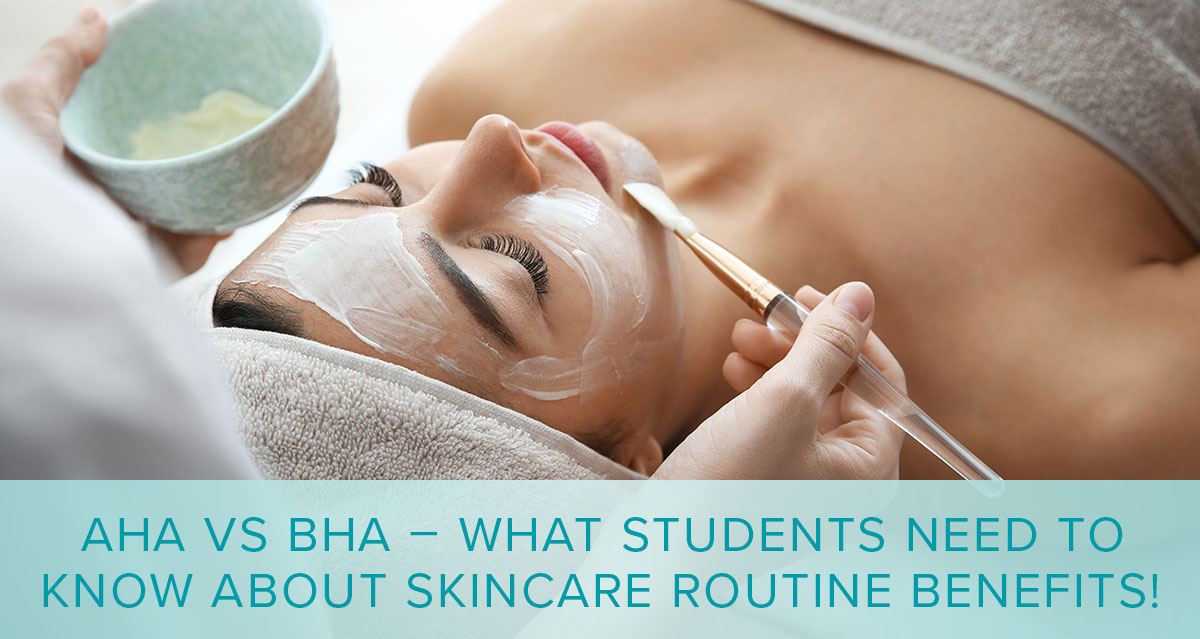
AHA vs BHA – Skincare Routine Benefits!
When it comes to skincare, exfoliating is a key step in achieving healthy, radiant-looking skin. While there are many types of exfoliants available, two of the most popular are AHA and BHA. Both are chemical exfoliants that work to remove dead skin cells and unclog pores, but they have different properties and benefits.
What is AHA?
AHA, or alpha-hydroxy acid, is a water-soluble acid that is derived from fruit, milk, and sugar cane. Some of the most common AHAs used in skincare include glycolic acid, lactic acid, and mandelic acid. AHAs work by breaking down the bonds between dead skin cells, allowing them to be easily sloughed off. This can help to smooth out rough skin texture and reduce the appearance of fine lines and wrinkles. AHAs are also great for brightening the skin and improving skin tone and texture.
What is BHA?
BHA, or beta-hydroxy acid, is oil-soluble and is derived from salicylic acid. Because of its oil-soluble nature, BHA can penetrate deep into skin, where it can dissolve excess oil and help to unclog pores. This makes BHA particularly effective for those with oily or acne-prone skin. In addition to its pore-cleansing benefits, BHA also has anti-inflammatory properties that can help reduce redness and irritation.
Which is right for you?
If you have dry or sensitive skin, AHAs may be a better choice, as they tend to be gentler on the skin. If you have oily or acne-prone skin, BHAs may be more effective at unclogging pores and reducing breakouts. However, it’s worth noting that both AHAs and BHAs can be used together in a skincare routine for maximum exfoliation and skin benefits.
How to use
If you want to use both, experts recommend that you apply your BHA in the morning and your AHA at night (or you could use them on alternate days). You can layer them and apply them at the same time, but that increases the risk of over-drying or irritation.
When incorporating AHAs or BHAs into your skincare routine, it’s important to start slowly and patch test first to avoid any potential irritation or sensitivity. It’s also important to follow up with sunscreen during the day, as exfoliating acids can make the skin more sensitive to the sun.
Love Learning about Skincare? Check Out Daytona College!
If you’re interested in exploring a career in skincare, you should check out Daytona College. Our Full Specialist with Spa Services program will teach you proper skin care techniques such as facials, microdermabrasion, spa therapies, makeup and more. We’ll provide you with real-life experience and skills you need for the beauty industry. Contact us to learn more today!
